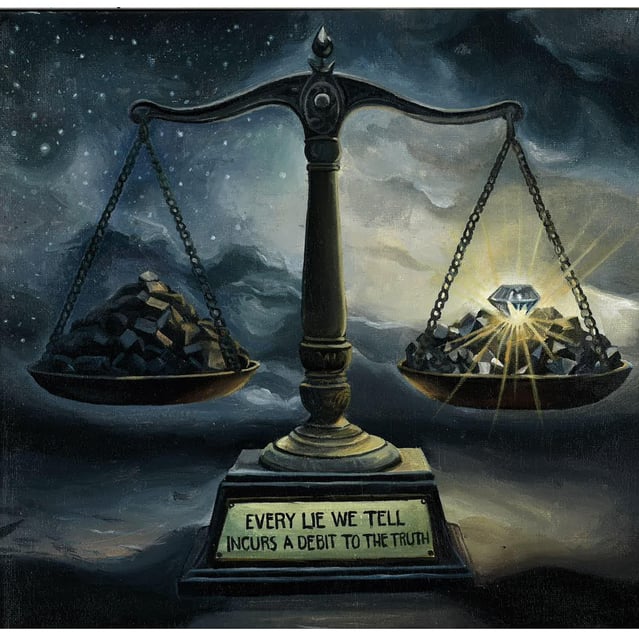Every life we tell incurs a debit to the truth. -- Valerie Legasov
In the theatrical adaptation of Chernobyl, Valery Legasov delivers an insightful verdict into the consequences of putting institutional reputation above transparency and honesty: "Every lie we tell incurs a debit to the truth." In real life, Legasov was more cautious, stating “We told the truth, but not the whole truth.” The outcome of Soviet secrecy was tragic. The Soviet state's obsession with protecting it's reputation meant that design flaws in the RBMK reactor could never be admitted and hence could never be addressed. Furthermore, critical safety information was withheld from reactor operators. As a result, operators across the Soviet Union were forced to discover the reactor’s vulnerabilities through trial and error, rather than learning from shared experience. In high risk projects with unknown risk profiles, lack of transparency prevents problems from being recognized and hence improved. In a word, near misses and close calls are the angels of wisdom In high-risk complex systems. Institutional cover-ups sacrifice these critical opportunities for improvement on the pyre of preserving the institutional reputation.
5/8/20241 min read

